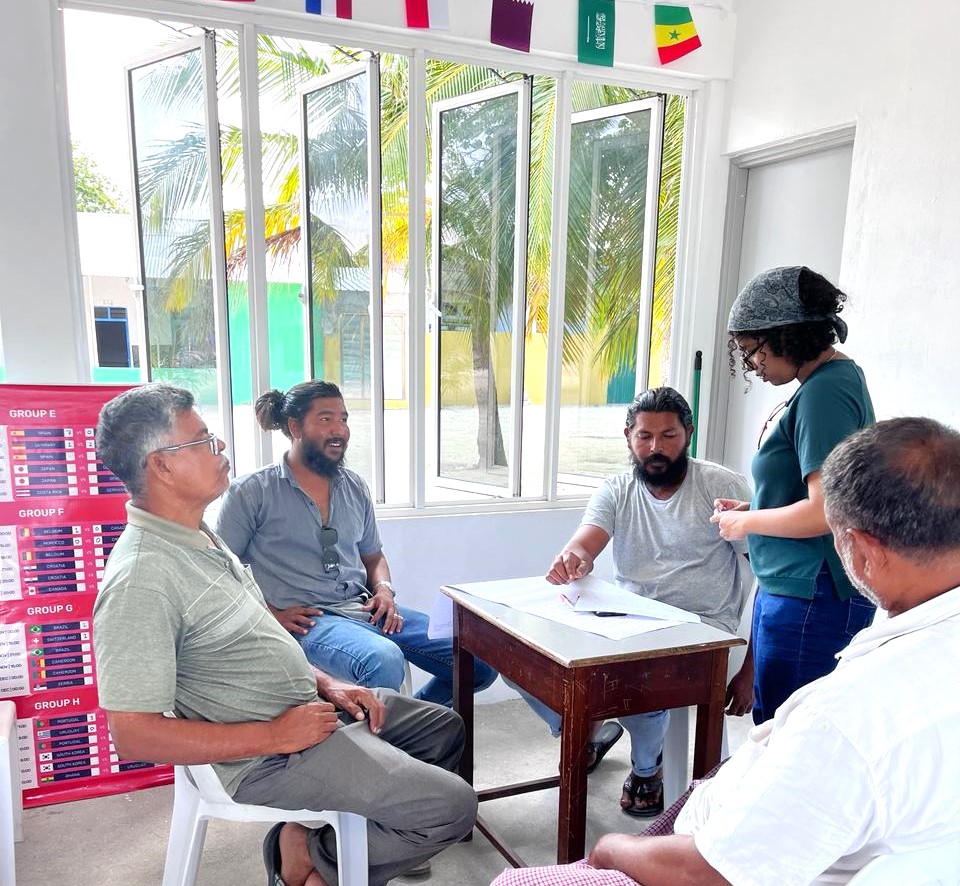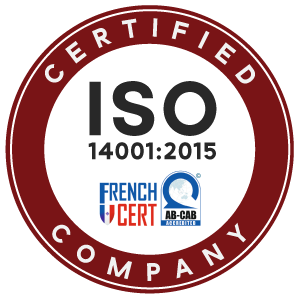Client – UNDP Maldives/Sub-consultant of Multi-tech Solutions, Sri Lanka
Project Status – Completed on 2023
The specific objective is to produce a first-of-its-kind comprehensive diagnostic study into the state of the entrepreneurship ecosystem in the Maldives and to generate recommendations to guide actions to further strengthen the entrepreneurship ecosystem. The study assesses the strengths and weaknesses of the Maldives entrepreneurship ecosystem across six domains: policy and regulatory framework, human capital and entrepreneurship culture, access to finance and incentives, business development support and infrastructure, innovation and technology, and access to market. Each of these domains will be assessed with a youth-responsive, gender-responsive and socially inclusive lens. Data collection for the project was done in 6 islands from Raa and Faafu atoll and in the Greater Male’ area.
- Synthesis and analysis of data quantifying and segmenting the national population of enterprises and entrepreneurs, including by size, (in)formality, sector, type (e.g. opportunity-driven vs. necessity driven), age, gender, location, and more.
- Synthesis of key national and sub-national strategies, policies and plans related to entrepreneurship and analysis of their effectiveness. DocuSign Envelope ID: C68C01FA-4867-468E-9FBB-BE3EF0F0BAA911
- Diagnostic of the strengths and weaknesses of six key domains of the entrepreneurship ecosystem: policy and regulatory framework, human capital and entrepreneurship culture, access to finance and incentives, business development support and infrastructure, innovation and technology, and access to market. Assessing each of the domains with a youth-responsive, gender-responsive and socially inclusive lens.
- Identification of recommendations and opportunities for specific ecosystem actors across each of these domains for strengthening the entrepreneurship ecosystem.
- Assessment of particular barriers or challenges that young entrepreneurs / youth-led enterprises face across each of these domains.
- Recommendations of strategic entry points for promoting the growth and resilience of youth-led enterprises with identification of key ecosystem actors for these entry points.
- Assessment and identification of key priority sectors or value chains that present opportunities for youth entrepreneurship and advancing national development priorities such as economic diversification.
- Identification and collation of best practices and case studies of youth-led enterprises
- Validated network mapping of key actors in the ecosystem supporting entrepreneurship including actor description, type and form of support provided and the connections between these actors within the ecosystem.




